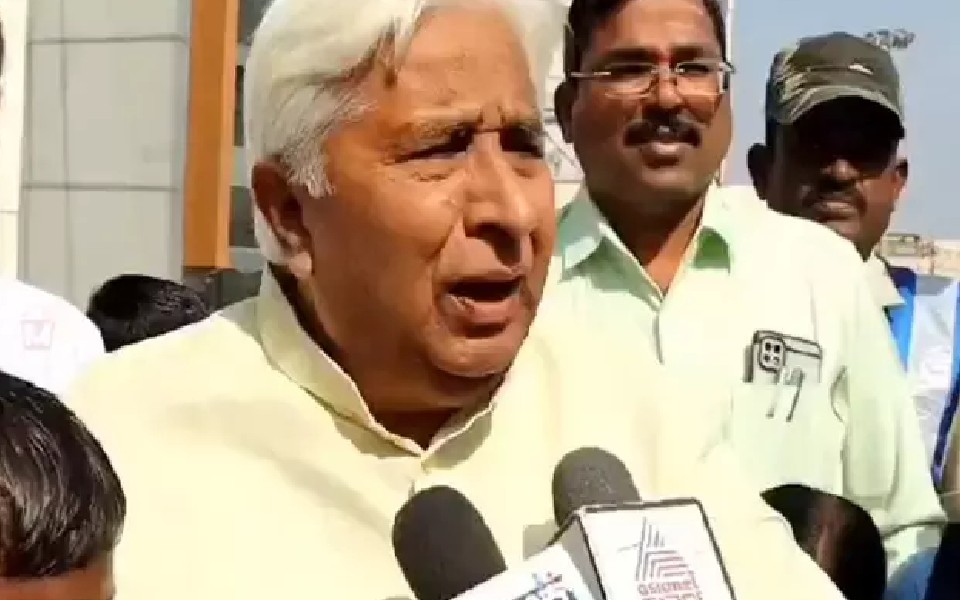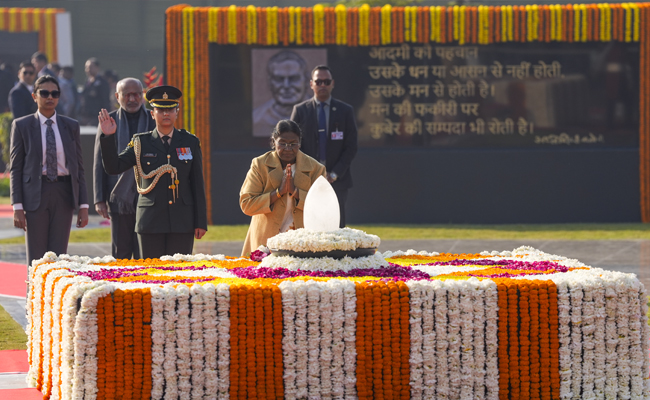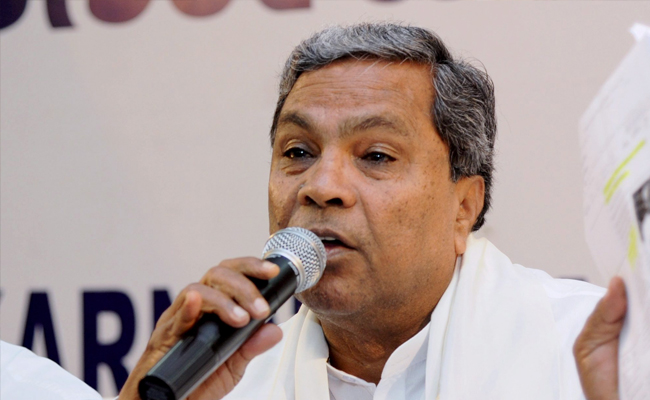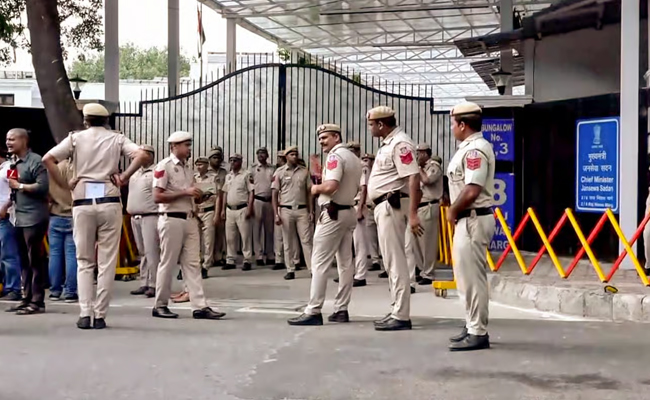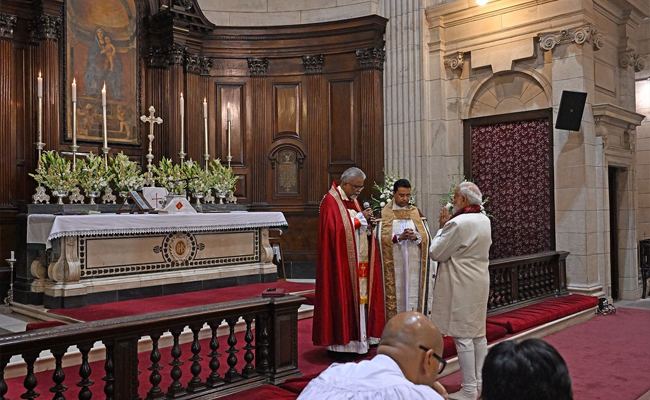Bengaluru, Oct 28: The Karnataka cabinet on Monday gave its consent for providing internal reservation among Scheduled Castes (SC) and decided to constitute a commission that will be tasked with collecting empirical data.
The commission will be constituted under a retired High Court judge, Law and Parliamentary Affairs Minister H K Patil told reporters after the Cabinet meeting.
"Regarding providing internal reservation among SC there were demands, discussions and thinking, in Karnataka. In the wake of the Supreme Court's recent verdict regarding internal reservation among SCs, the cabinet today gave its approval to provide internal reservation among SCs," Patil said.
"....after obtaining the data, it has been decided to decide on the next course of action. The government will ask the committee to submit the report in three months," he said.
Patil said the cabinet also decided to postpone all upcoming recruitments for at least three months until the commission submits its report.
ALSO READ: Cong initiated fight against illegal export of seized iron ore, says Karnataka Minister H K Patil
"From today if any recruitment is to be notified, that process will not take place, it will only start after the commission submits its report," he said.
Just ahead of the assembly polls, the previous BJP government's cabinet had taken a decision on internal reservation, by recommending to the central government a six per cent internal quota for SC (Left), 5.5 per cent for SC (Right), 4.5 per cent for "touchables" (Banjara, Bhovi, Korcha, Kuruma etc) and one per cent for others.
In a landmark verdict, the Supreme Court on August 1 held that states are constitutionally empowered to make sub-classifications within the Scheduled Castes, which form a socially heterogeneous class, for granting reservation for the uplift of castes that are socially and educationally more backward.
A seven-judge constitution bench headed by Chief Justice D Y Chandrachud, by a majority of 6:1, set aside the apex court's five-judge bench verdict of 2004 in the EV Chinnaiah vs State of Andhra Pradesh case which had held that no sub-classification of Scheduled Castes (SCs) can be allowed as they are a homogeneous class in themselves.
Let the Truth be known. If you read VB and like VB, please be a VB Supporter and Help us deliver the Truth to one and all.
New Delhi (PTI): President Droupadi Murmu, Vice President C P Radhakrishnan and Prime Minister Narendra Modi were among the dignitaries who attended a prayer ceremony at 'Sadaiv Atal', the memorial of former prime minister Atal Bihari Vajpayee, on Thursday to pay tributes to him on his 101st birth anniversary.
Former vice president M Venkaiah Naidu, Lok Sabha Speaker Om Birla, Union Ministers J P Nadda, Nirmala Sitharaman, NDA ally JD-U leader and Union Minister Rajiv Ranjan Singh, several other ministers, MPs, Delhi Chief Minister Rekha Gupta, and BJP working president Nitin Nabin were among those who attended the event.
ALSO READ: Karnataka accident: Proper investigation will be conducted to find out cause, says CM
In a message, the prime minister said Vajpayee's personality, work and leadership will continue to be a guiding light for the all-around development of the nation. He said Vajpayee dedicated his entire life to good governance and nation-building.
"He will always be remembered as a brilliant orator as well as a spirited poet. Vajpayee's personality, work and leadership will continue to be a guiding light for the all-around development of the nation," PM Modi said.
Vajpayee was born on this day in Gwalior in 1924 and passed away in New Delhi on August 16, 2018. The government observes his birth anniversary as Good Governance Day.
The BJP marked the day by its leaders commemorating Vajpayee's legacy in nationwide events. Its chief ministers, Union ministers and MPs, besides organisational leaders, are part of these programmes held across the country.
Vajpayee, India's 13th prime minister, served the country for three terms between 1996 and 2004.
He is known for his valuable contribution to India's economic growth. The 'Operation Vijay', commonly known as the Kargil War, was fought against Pakistan and won during his tenure as prime minister. He made India a nuclear weapons power.
He had a distinguished four-decade parliamentary career, was elected nine times to the Lok Sabha and twice to the Rajya Sabha.
Rising from humble beginnings in Gwalior (Madhya Pradesh) to the post of prime minister, he received the Padma Vibhushan in 1992 for his selfless dedication to the nation and was conferred with Bharat Ratna, India's highest civilian honour, in 2015.
Vajpayee championed democratic ideals, women's empowerment, and social equality.
As prime minister, he prioritised good governance and economic development, building national highways, rural roads, expanding telecom, and improving infrastructure.

